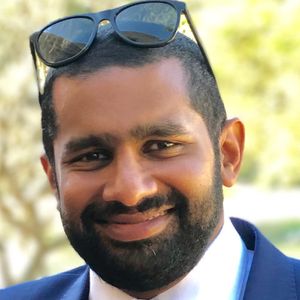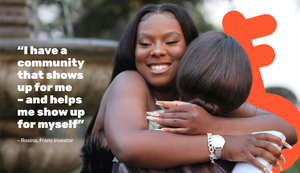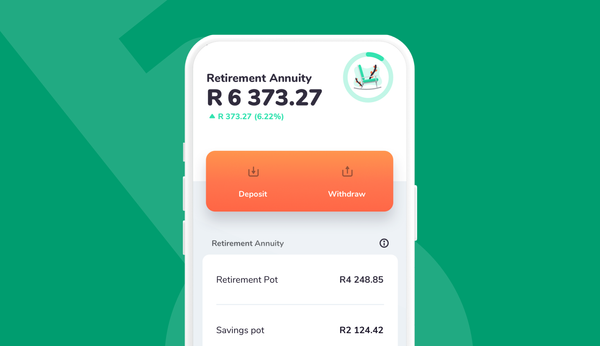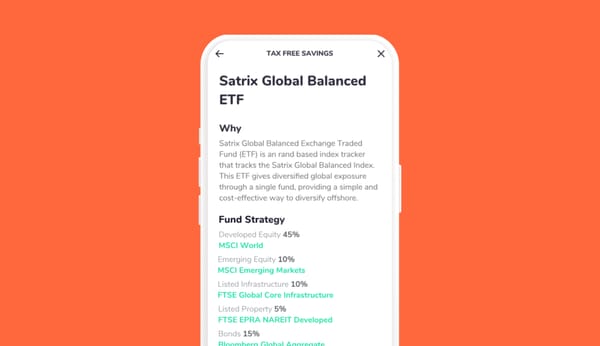Who wants to make money while they sleep? Well, all of us right? The good thing is that when you earn passive income, it's just not confined to when you are awake. If you have your money on the treadmill working for you, it (unlike you or me!), doesn't need any rest - so can be at it 24/7/365.
What is passive income?
This is effectively any income earned by investments or side gigs that don't require much effort on your part (so not your day job!). Although you don't have to put in any effort to generate passive income, a lot of the hard work was done upfront when you diligently invested your hard earned money in order to create the pool of capital that is now producing this return.
As an example, our cash fund (Allan Gray Money Market) pays out interest every month - this is passive income earned by our customers which is then reinvested to earn interest on itself as well as the initial investment (compound interest). South Africans under 65 years of age can earn up to R23,800 of interest income a year without paying any tax. At current rates, you would only pay tax on interest earned if you had more than half a million Rand invested!
Our equity fund, the Satrix 40 ETF pays out an after tax distribution every quarter which we also reinvest on our customers behalf so that they can own more shares in the fund. So shares gets them more shares, another example of compound growth.
Another passive income investment is a property that is rented out by its owner - the owner earns rental income from the tenant. This rental income (less any deductible property related expenses) will be taxed in the hands of the investor. So just like your normal income, passive income is also potentially taxable - so make sure you understand the consequences if you don't fall within the exemption thresholds.
F.I.R.E in the hole
Lots of people talk about F.I.R.E (Financial Independence, Retire Early). It's definitely an aspirational and motivating concept. But what does it mean and how achievable is it?
To me, financial independence is all about not having to rely on anyone else like an employer or a family member in order to live. You are then the master of your own destiny and you can do what you want with your time. Practically, however, in order to get there, you need a fair chunk of assets to generate passive income that pays for your living expenses. Because, even if you retire early - you still need a place to live, you still need to eat, pay school fees etc. Obviously the older you are, your obligations are potentially slightly less if your kids are out the house and you don't have to pay for their expenses.
But the general rule of thumb is that you need 300 times your current monthly expenses invested in a combination of growth (equity fund) and income (cash fund) producing assets. The younger you are, the more risk you can still take so your portfolio can be more heavily skewed to equity fund exposure. As you draw from this pot of investments to pay for your living expenses, it also has the chance to grow because it is invested - and so in theory it shouldn't run out before you die.
But yes, this means that you need a lot of money before you can consider living off what you already have. If your monthly expenses are R20,000, you need R6m before you can give your boss that resignation letter. Many people underestimate what they need in order to retire and still maintain their lifestyle. You will probably live longer than you expect and things will be more expensive than you think. This is why only 6% of South Africans can retire comfortably!










